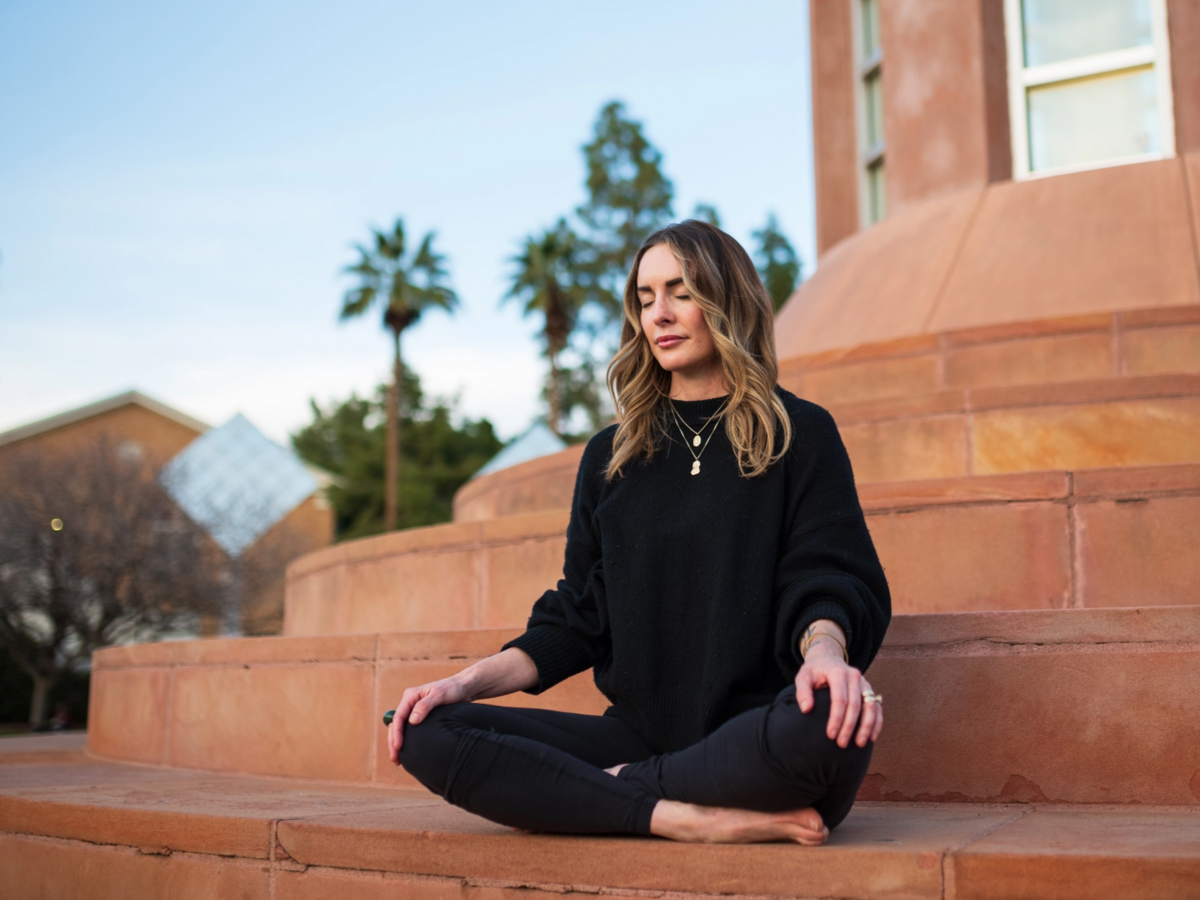Caring for yourself so you can care for others
In addition to equipping students with the knowledge and skills needed to effectively care for the public’s health, the School of Technology for Public Health acknowledges that students must also learn how to care for themselves and each other.
Too often, self-care is seen as a selfish act. If we move through the world exhausted and run down, however, we cannot show up as our best selves, and only when we are in the right head and heart space, can we powerfully problem solve solutions to our world’s biggest problems. In other words, self-care and self-love can be thought of as individual practices that yield transformative collective outcomes.
What is self-care? Despite what we sometimes think, self-care does not have to be expensive or time-consuming. Try to be both intentional and generous with what you call self-care, and remember, the best self-care practices are those you can easily weave into your daily life in affordable, approachable and sustainable ways.





